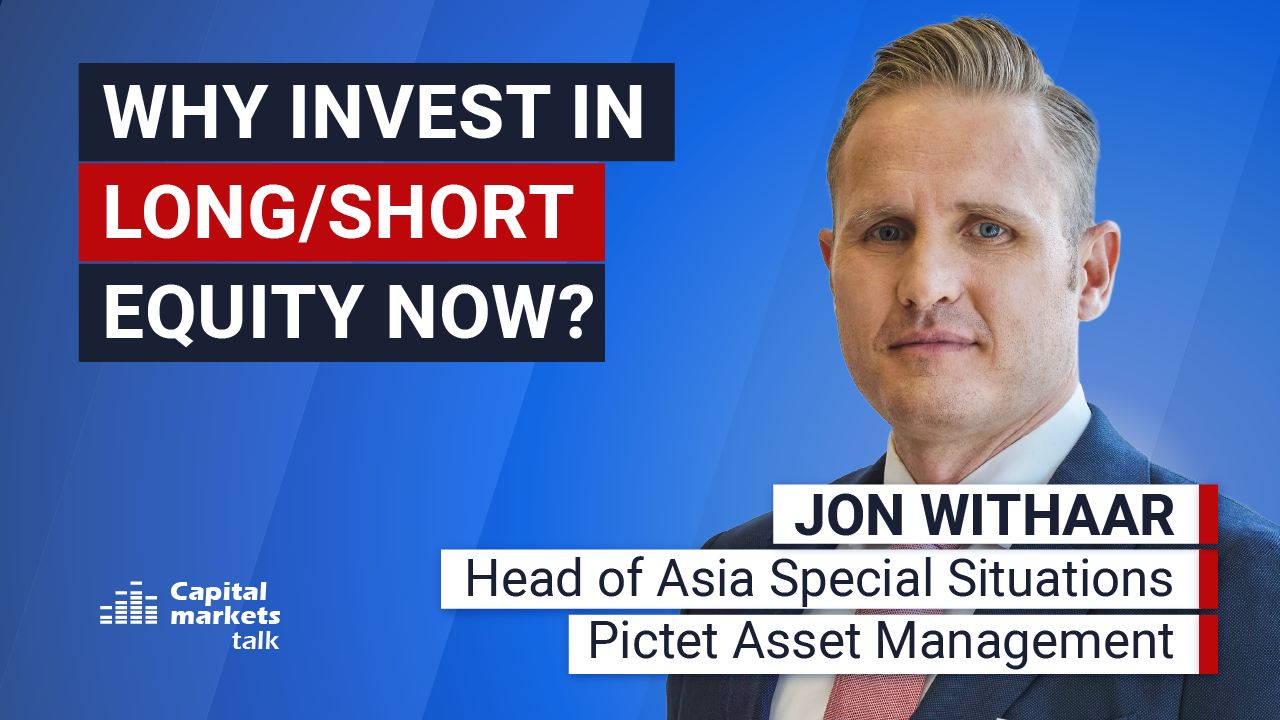In recent times, the market has witnessed the introduction of various thematic products on biodiversity investing. Robeco suggests that to understand how these strategies work, it’s essential to delve into the measurements and criteria used to determine a positive contribution to biodiversity.
As per Lucian Peppelenbos, Climate and Biodiversity Strategist at Robeco, economic activities that can improve the quality or quantity of nature are quite limited. He also highlights that a substantial portion of biodiversity is challenging to invest in through publicly traded asset classes.
To overcome these hurdles, the asset manager contends that investors should focus on reducing or eliminating the significant pressures causing biodiversity loss. This includes deforestation, wetland destruction, fossil fuel combustion, and pollution.
“If these pressures on nature stop, or no longer reach excessive levels, nature will be able to take care of itself…The focus of companies and investors must be on bending the curve of biodiversity loss,“ says Peppelenbos.
The asset manager emphasises that to achieve this, a transition toward reduced environmental impact in production and consumption is necessary, allowing nature and the economy to grow together sustainably.
“To achieve this systemic change, we need to rethink what companies are part of the transition toward a nature-positive economy. What companies have business models that help reduce the pressure on biodiversity and hence assist nature in its recovery?” writes Aaron Vermeulen, Global Practice Lead Finance at the World Wide Fund for Nature in the Netherlands.
Subsequently, Vermeulen informs that while a focused investment universe exists for listed companies contributing to nature-positive outcomes, many unlisted businesses also play vital roles but remain inaccessible to equity investors.
Robeco mentions that private equity can support biodiversity initiatives, especially in emerging markets where companies are tackling climate adaptation and mitigation. The asset manager also believes that in the realm of biodiversity investing, large-cap companies aiming for nature-positive status are crucial for scaling up and speeding up systemic change.
“In summary, there are some emerging public and private companies that are already focusing on solutions toward a nature-positive economy. However, given the scale of the problem and opportunity, it is important to look beyond investing in these players and help the entire economy to change,” says Vermeulen.
Read the full insight here
Read more

Bellevue Asset Management
Demographics and AI drive MedTech stocks
MedTech investment case: What makes it attractive, which trends stand out?

US Election
US election shake-up: What does it mean for markets?
“Risk assets might perform better under a Harris Presidency.”

Asia Equity
Why invest in Asia equity long/short now?
Investing in Asia has undergone significant changes in recent years. It might be the time for a different approach.

KKR
Multi-asset credit – the ‘all-weather’ strategy
Allocation to a multi-asset-credit strategy could optimise and manage risk dynamically.





















